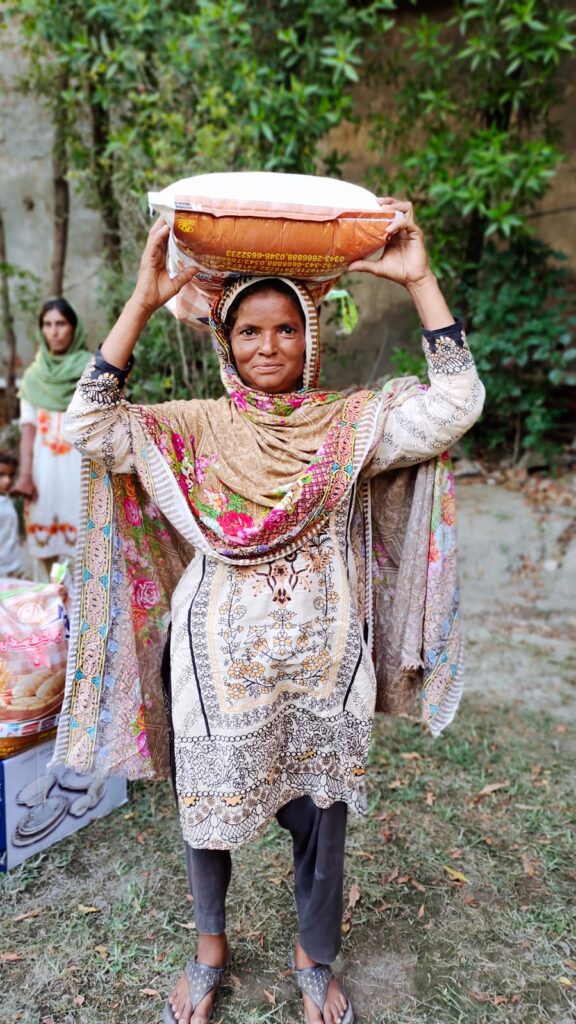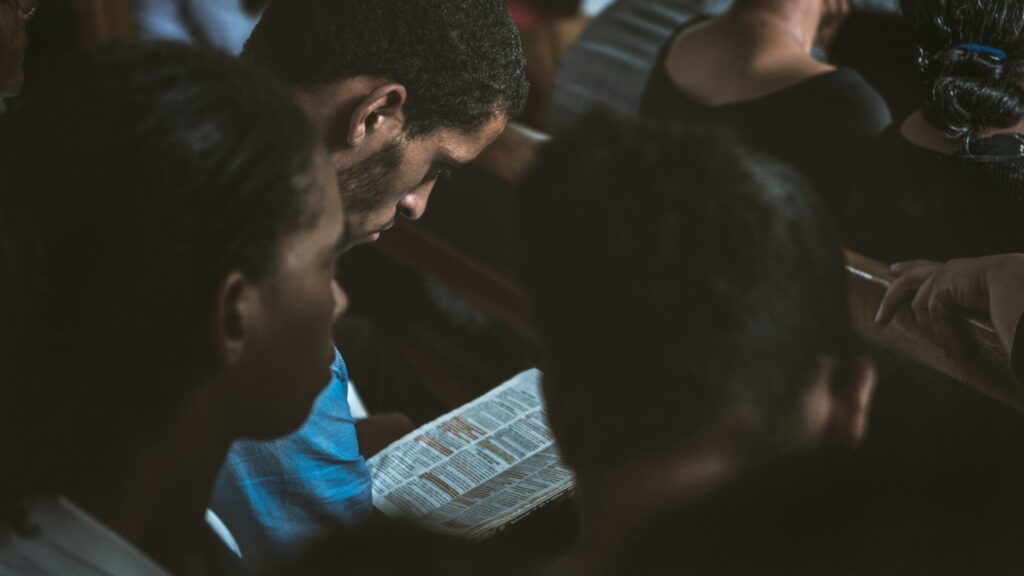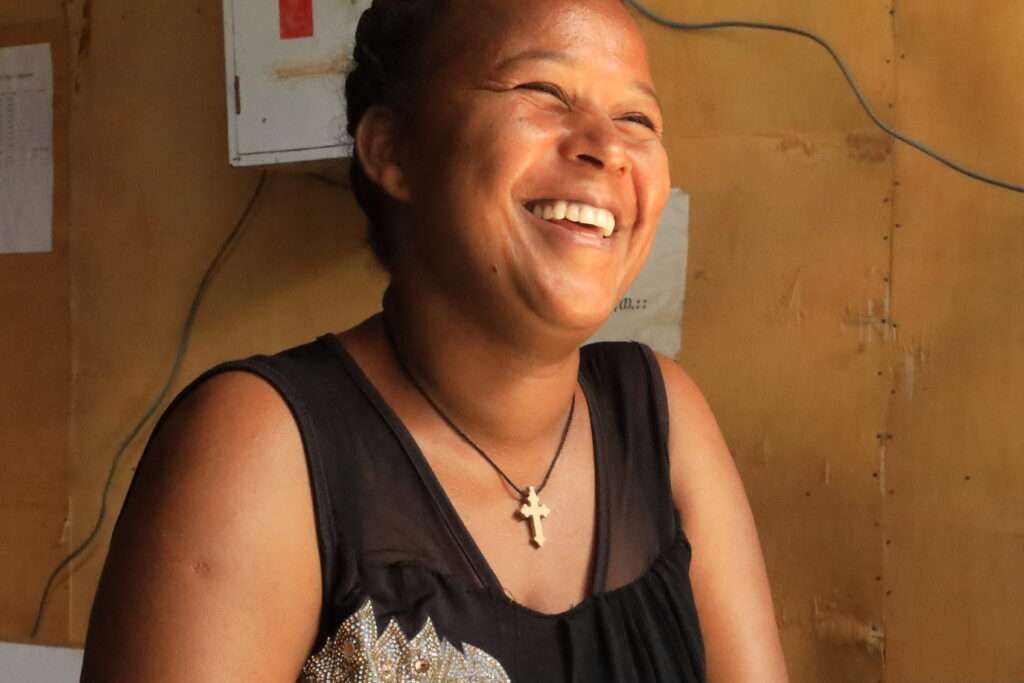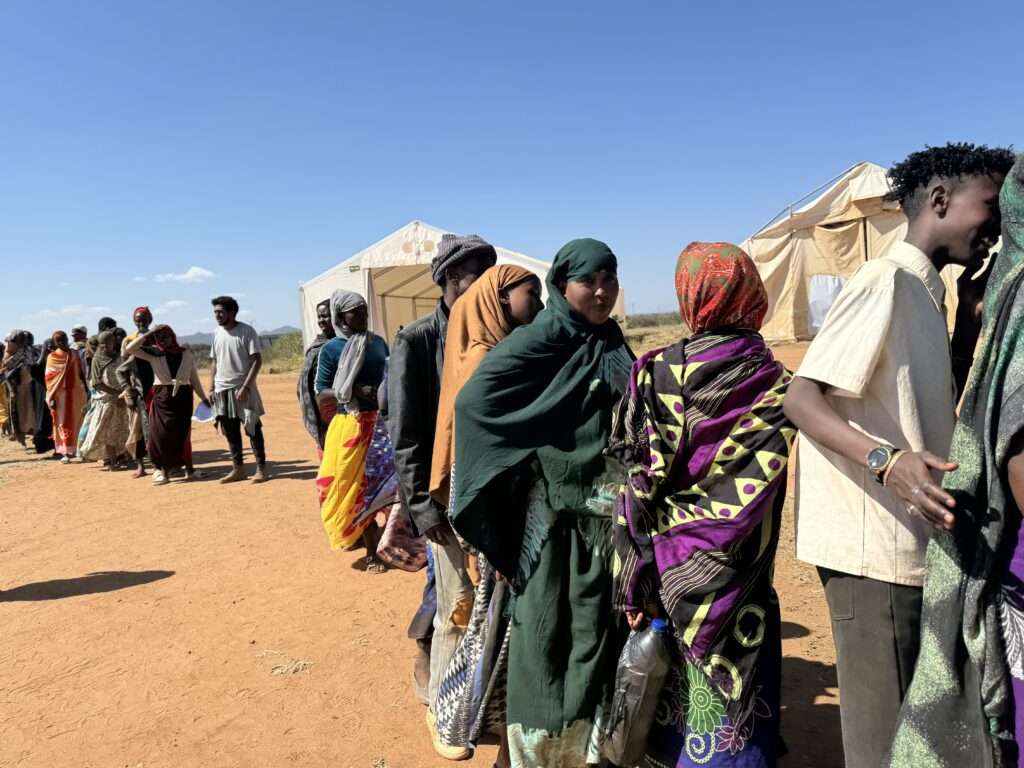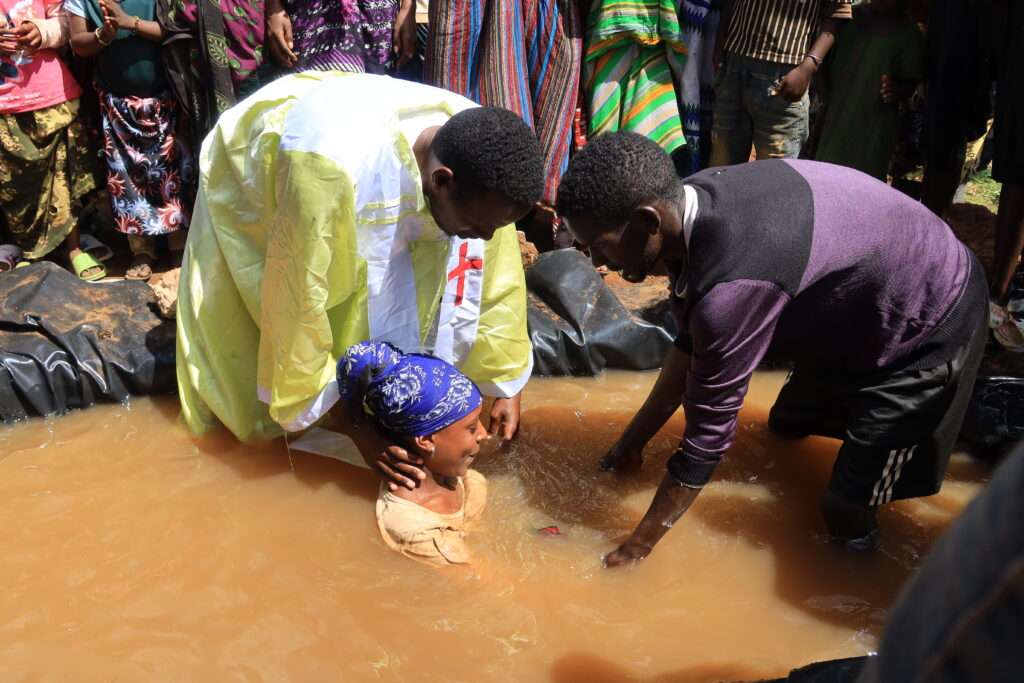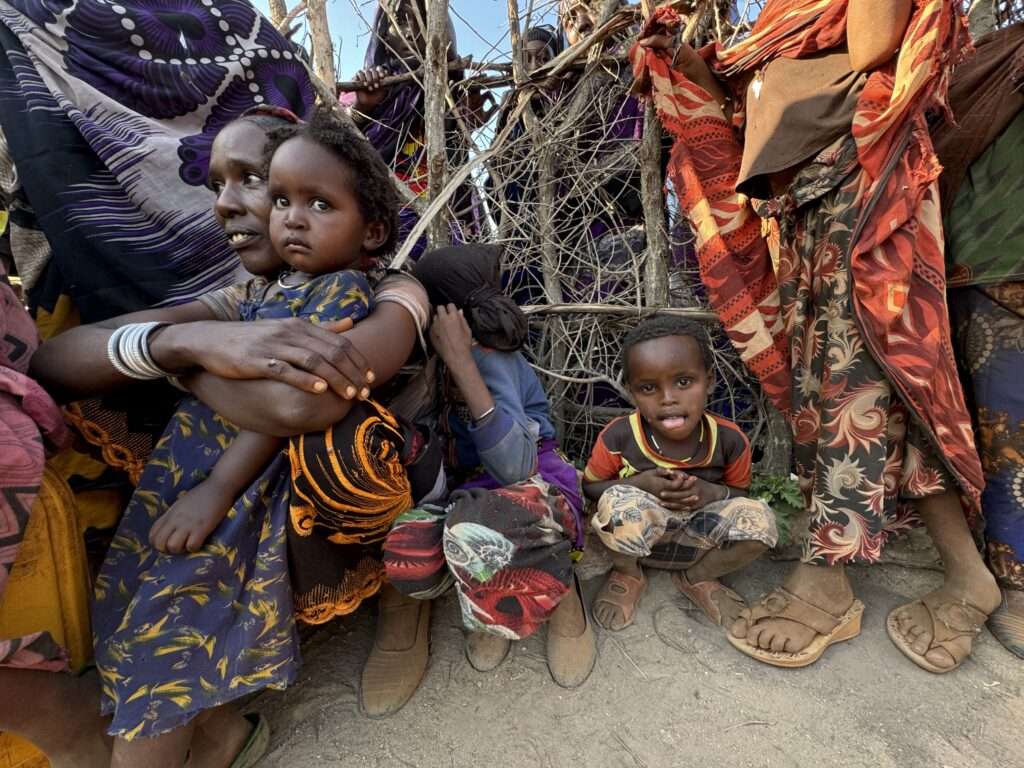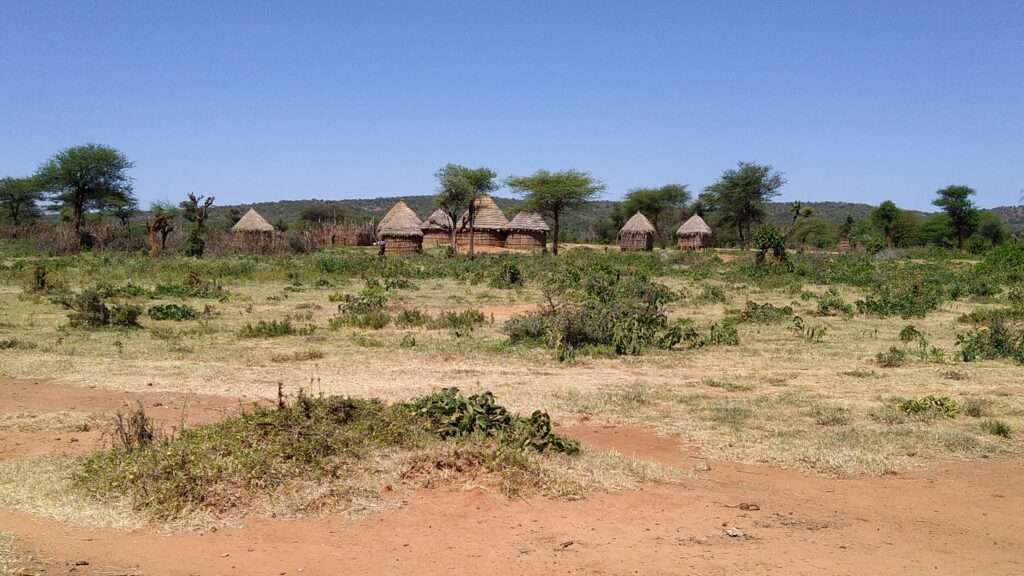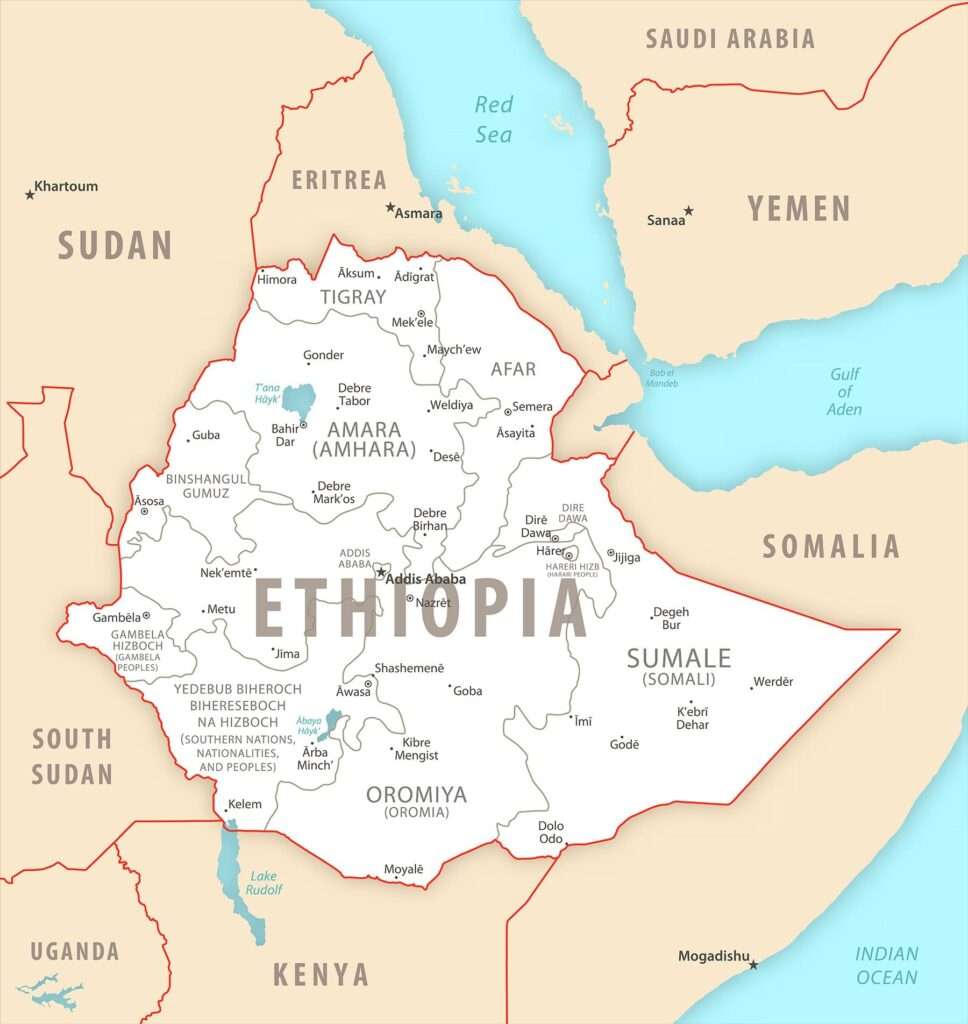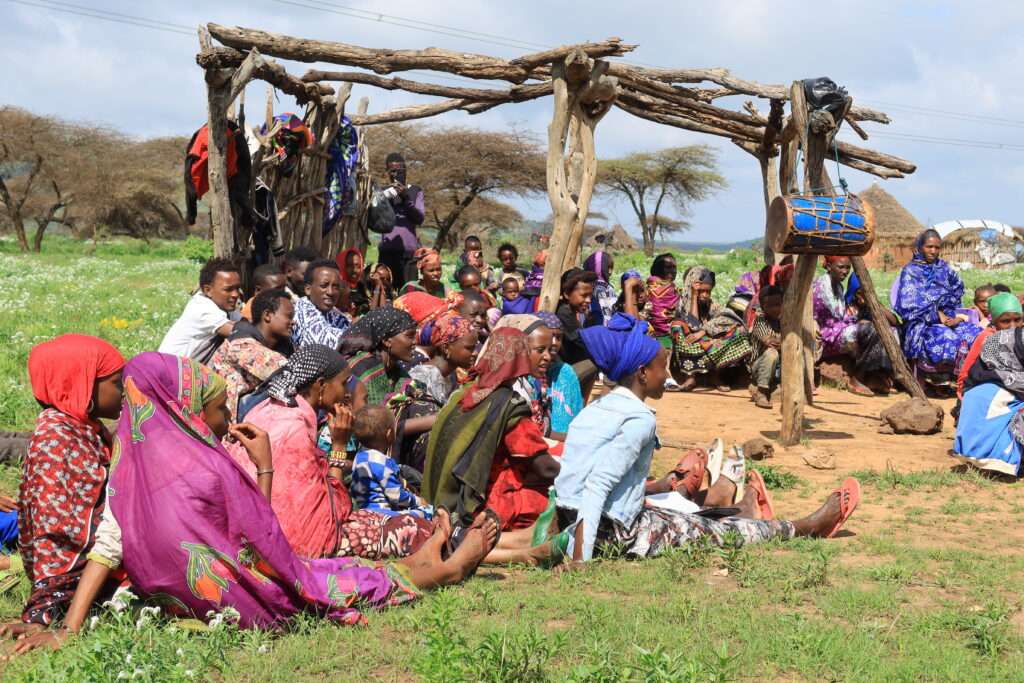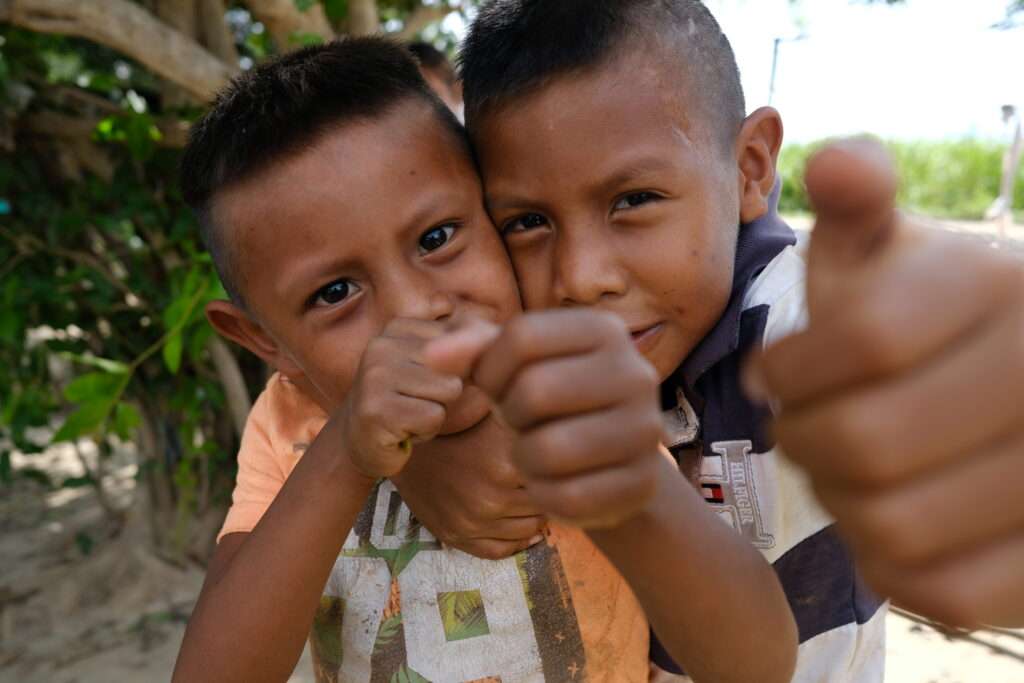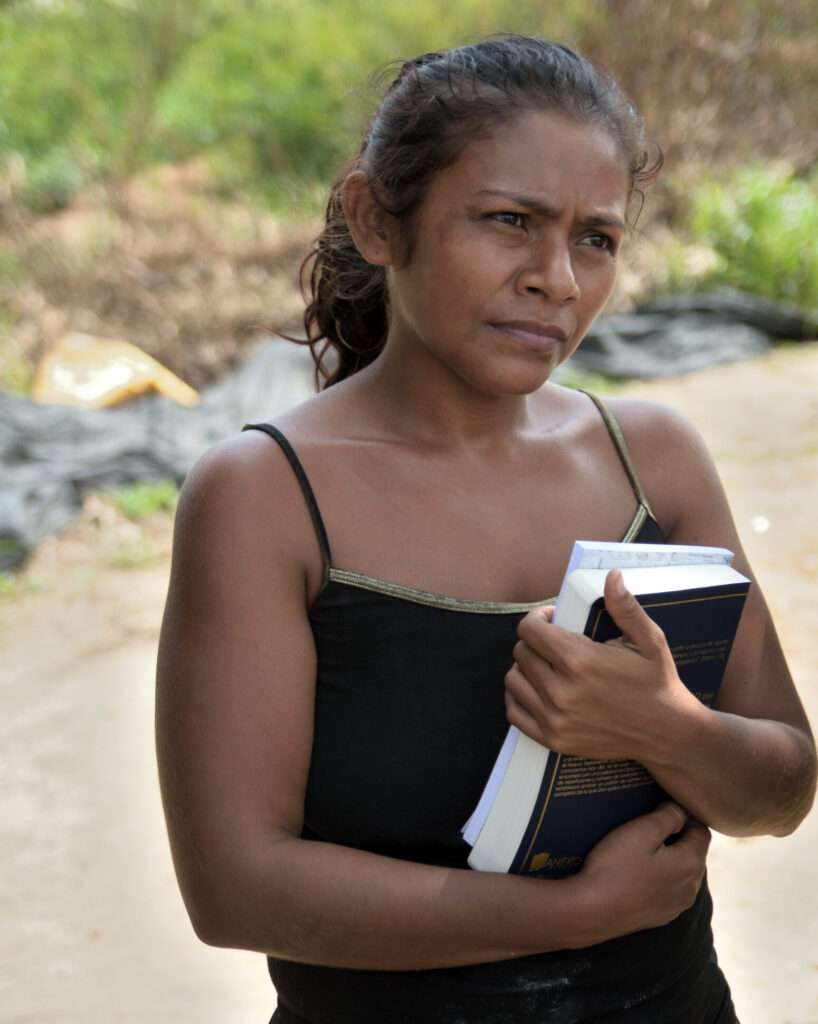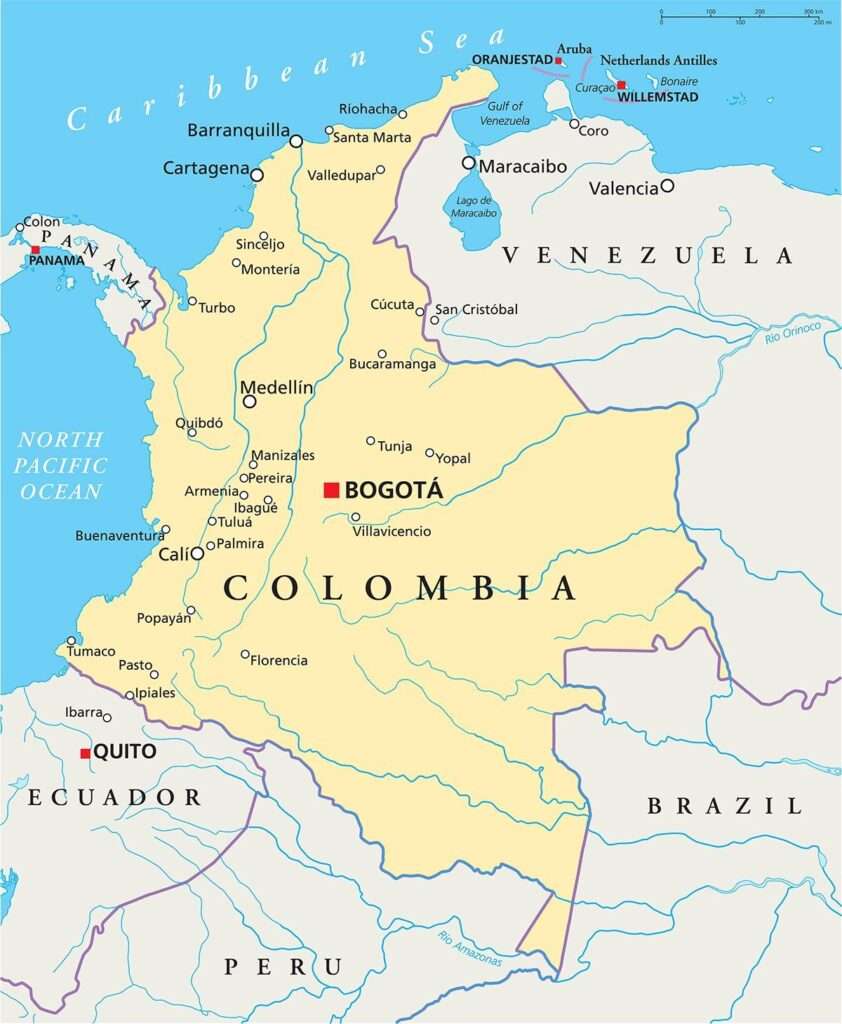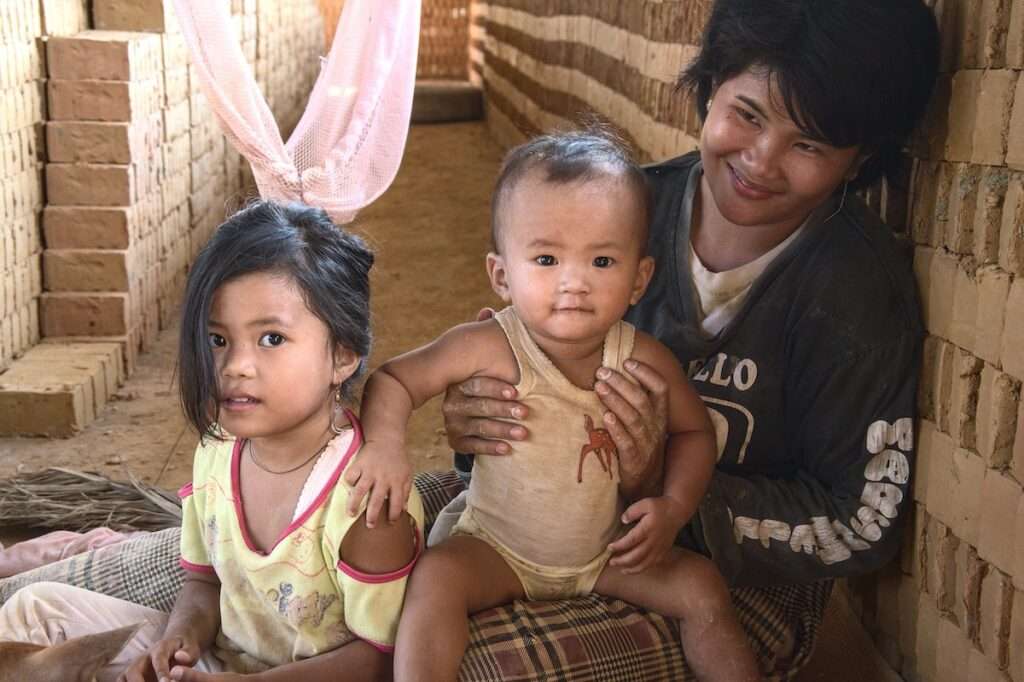The mosque’s loudspeakers began wailing early in the morning on Wednesday, Aug. 16, 2023. Christians in the Jaranwala colony immediately felt a chill of fear, knowing something was about to happen.
In Pakistan, anything was possible. Christians are an unprotected minority, allowed to exist but tamped down at every turn. Laws throughout the country are designed to favor Muslims, while Christians are kept from educational opportunities and out of decent jobs. Persecution does not always happen overtly.
More than 1,000 Christians lived together in the Jaranwala colony, or a segregated neighborhood, outside the city of Faisalabad. By clustering together, they were free to worship in the colony without interference from militant Muslims and were safe from routine persecution. Plus, they were poor, and Jaranwala housing was cheap. Most worked in factory jobs, as security guards, as housekeepers or as gardeners.
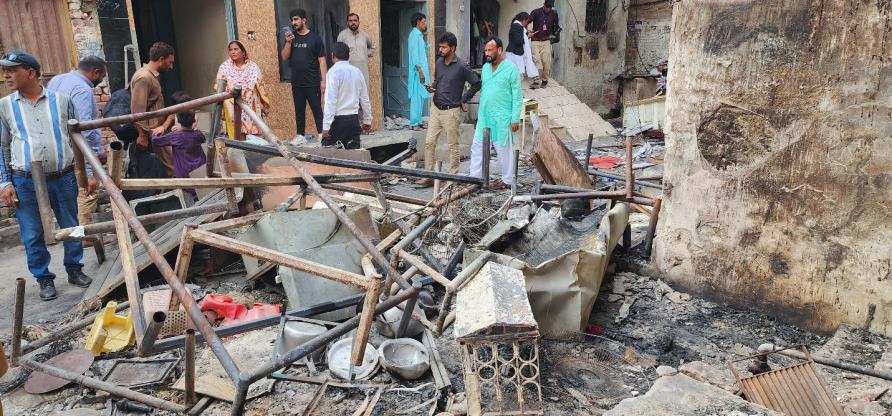
Premeditated attack
As the cries echoed from mosque minarets throughout Jaranwala, some Christians began to pack right away. They knew from countless previous incidents that their lives were in danger.
Almost immediately, the lanes filled with angry Muslim rioters, many of them madrassa—or Islamic school—students. They came with weapons and chemical fuel accelerants—as if the attack was preplanned.
And it likely was. Many Pakistani Muslims were angry that an Iraqi immigrant to Sweden had recently burned a Quran in public. They scapegoated Christians.
Waqas, a volunteer from an ICR partner’s ministry, was jolted awake by the cries from the street. He quickly gathered his wife and two children, then scurried into a nearby field. They stayed in the field all day while the mob of about 10,000 rampaged in the neighborhood, looting and burning. They burned Waqas’ home, and the family lost everything.
Josephine is a friend of the wife of an ICR partner. When she and her husband heard the ruckus, they dashed with their three children to the home of a Muslim neighbor, who kept them safe throughout the incident. The family survived, but Josephine, a nurse, lost all her diplomas, certificates, and credentials for her profession when their home was burned. Her husband’s small business was also destroyed, and their car was torched.
By the end of the day, the neighborhood was in shambles. Some residences and businesses were still smoking. More than 100 homes were burned. Twenty churches were looted and five were incinerated. Investigators later found the fires were set with a chemical ignitor. Nearly every remaining Christian home in the neighborhood was looted, while the few Muslim homes sprinkled throughout the colony were untouched.
Although incidents like this one happen regularly in Pakistan, there is rarely any government response. In this case, police arrested two illiterate Christian brothers and charged them with blasphemy against Islam, in effect blaming them for the incident. The blasphemy charge can carry a death penalty.
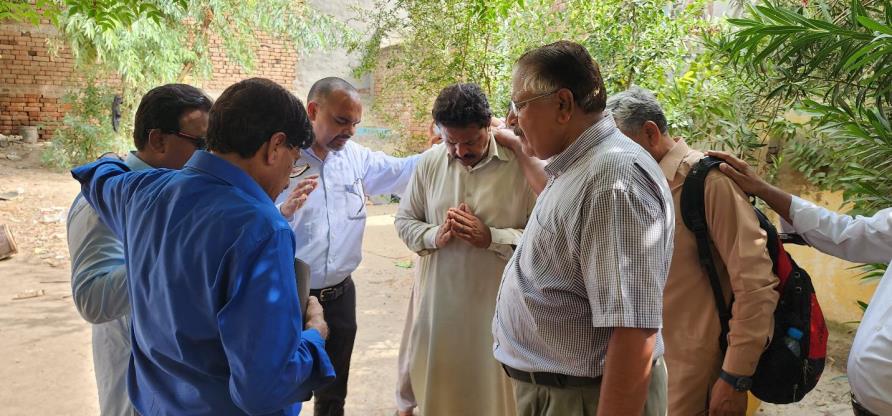
How long?
An ICR partner arrived on the scene days after the attack. Out of 200 families in the colony, about 150 were affected by the violence. Waqas and his family are currently staying in a school building, together with many other Christian families. Josephine’s family stayed with their Muslim neighbor for a week before moving in with family elsewhere. Others from Jaranwala spread out to live with relatives in other cities, while some are living in what is left of their damaged homes.
The ICR partner brought food staples, dishes, blankets, and pots and pans for the displaced Christians. In the weeks since the incident, the partner has continued to help Jaranwala Christians with hygiene items, medicines, clothing, school supplies and food. Other partners are supplying fans, washing machines and refrigerators to the families who lost everything.
One partner cares especially for the children affected by this riot. They plan to provide backpacks, shoes, and winter clothes for the children, in addition to counseling to help the children move past the fear that many of them still have. The partner is also interested in starting a school in the community.
In a couple of months, the partner wants to rebuild the destroyed houses and provide jobs or job training for those affected. The partner also desires to repair the burned and damaged churches, so Christians have places to worship again.
The leader of this partner organization talked about the increasing hopelessness Christians throughout Pakistan feel. “It looks like it’s not going to improve,” he said. “Things are getting difficult, and people are living in fear,” he said.
One of the team members providing aid to the Jaranwala Christians said, “What will happen to our children when they grow up here? This is not a safe place for us to live.”
But the ICR partner knows it is not possible for Christians to leave. “You are talking about millions of people in Pakistan,” he said.
Attacks and injustices against Christians in Pakistan happen on a smaller scale almost every day. As ICR was speaking with the partner in Pakistan, a group of Christians in the city of Qasoor were beaten by a gang of Muslims. One of the Christians was shot in the leg.
But there are moments of light, as well. During the Jaranwala attacks, some Muslims sheltered Christians in their homes. One ICR partner met local Muslims who tried to stop the attackers from damaging a church, but the crowd was too big for them. Other Muslim residents were injured as they tried to stop the arsonists from burning homes. And in one village, the Muslim landlords came out with guns and warned the mob against entering the village to burn Christian homes and churches.
Injustice will remain for Christians in Pakistan. Those who lost everything, were attacked, or live in an unjust system that constantly keeps them at the bottom, cry out, “O sovereign Lord, holy and true, how long before you will judge and avenge our blood?” (Rev. 6:10).
